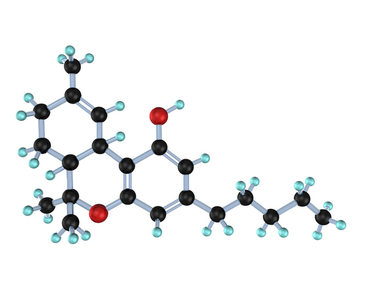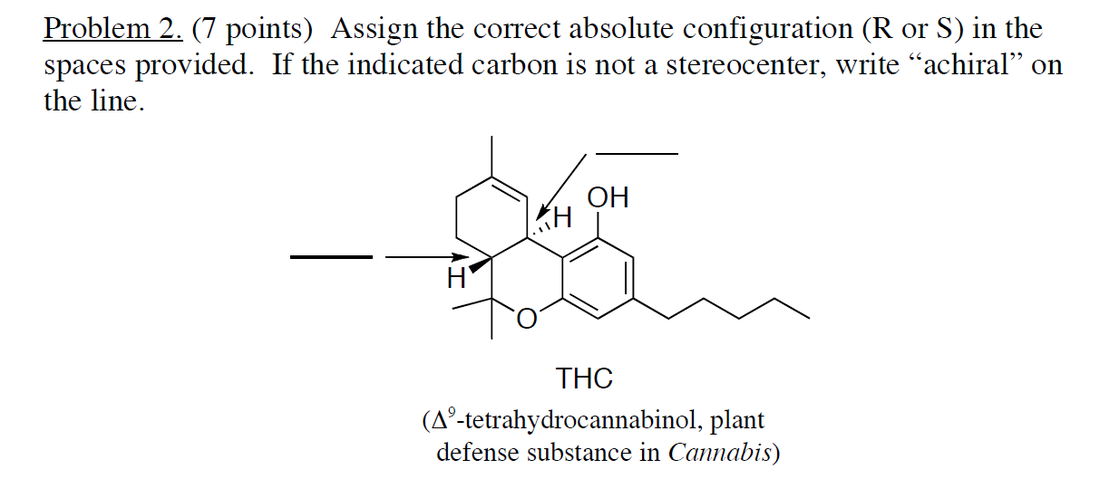|
by Noah Schlottman '16  Healthy munchie alternatives? [image via] Healthy munchie alternatives? [image via] It is something that has, most likely, perplexed humanity for thousands of years (1). It is something that has probably confused recreational users, the shamans who were its prescribers, and maybe even Shakespeare (2). Certainly there are Brown students who have pondered time and again, perhaps at various times throughout this university’s 250 years: Why does marijuana give you the munchies? Though we haven’t figured out the full answer yet, a group of researchers at the University of Bordeaux conducted a study that gives us some insight into why, indeed, marijuana makes people hungry (3). Tetrahydrocannabinol (commonly known as THC) is the “active ingredient” in cannabis. It mimics the activity of chemicals called cannabinoids that are naturally produced by our brains. These chemicals fit into receptors in the endocannabinoid system, which is involved in controlling mood, memory, pain, and—most importantly in this case—appetite. An ingenious experimental design allowed them to focus on certain cannabinoid receptors in mice’s olfactory bulbs, a part of the brain involved in odor perception.  THC = The Hunger-inducing Chemical [image via] The team of neuroscientists started by comparing the sensitivity to smell in mice dosed with THC and that of un-dosed mice. The “high” mice demonstrated an increase in both olfactory sensitivity and appetite. They then genetically engineered mice to lack a certain cannabinoid receptor in their olfactory bulb and tested their appetite and sensitivity to smell, and found that there was no difference in either between dosed and un-dosed mice (3). Thus, one of the ways THC could increase appetite is simply by inducing greater sensitivity to the scent of food, and thereby increases its taste, since smell and taste are so closely related. In addition to getting numerous mice high and also genetically modifying quite a few of them, the neuroscientists decided to starve some mice for 24 hours. The starved mice showed increased levels of natural cannabinoids in their olfactory lobes, which led to increased scent sensitivity and appetite when they were exposed to food—similar to the effects of THC. The genetically engineered mice that also underwent the fast weren’t more sensitive to smells or hungrier than usual, demonstrating the key role those receptors play in stimulating our appetite. THC can manipulate those same neural pathways to induce powerful urges of hunger. Munchies are, perhaps, so powerful because our brain is convinced we are starving.
2 Comments
6/10/2021 12:44:38 am
Great article! Thank you for sharing this informative post, and looking forward to the latest one.
Reply
Leave a Reply. |

